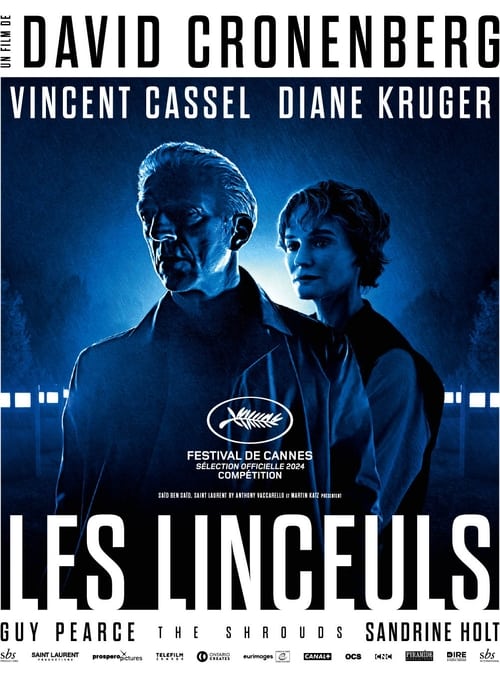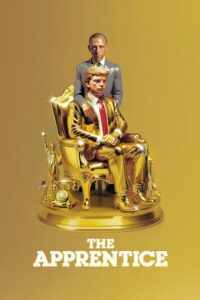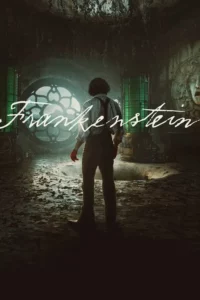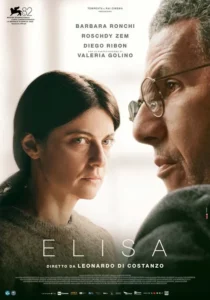A film by David Cronenberg
With: Vincent Cassel, Diane Kruger, Guy Pearce, Sandrine Holt, Elizabeth Saunders, Jennifer Dale, Steve Switzman, Ingvar E. Sigurðsson, Jeff Yung, Eric Weinthal
Inconsolable since the death of his wife, Karsh, a prominent businessman, invents a revolutionary and controversial technology that enables the living to monitor their dear departed in their shrouds. One night, multiple graves, including that of Karsh’s wife, are desecrated, and he sets out to track down the perpetrators.
Our rate: *
The Shrouds doesn’t give critics much to eat, except for those tempted to see self-references or umpteenth motifs – described as Cronenbergian by purists – obsessively repeated. The mourning that could be at the heart of the film is seen from a sexual angle (loss of desire, remembrance of bodies, reappropriation of desire through fantasy) or from a conspiratorial-technological angle. The film’s glauquissimo machinery, mutilated, desired bodies, twins, nudity, pseudo-biological-computer genius, paranoia and hollow, pseudo-scientific dialogue are all used to fuel an alenti thriller. A vague plot emerges that doesn’t give away the key, inviting viewers to be patient and wait for the denouement. The mystery can only endure, which is the film’s main achievement. In the interstice, Cronenberg’s double (Vincent Cassel, very neutral) regains a taste for sex and sees more clearly, both literally and figuratively, what’s going on in his wife’s grave, as well as his last moments when she was still by his side. Of course, the Cronenbergian imaginary takes over here, and the memory is amply parasitized – a metaphor for what happens in graves – by the fantasy of a body butchered by a surgeon, whom the character comes to represent as the big bad wolf who stole his wife. The transposition to the screen of what goes through his mind remains as cold as death. Grief remains a sensitive subject that is difficult to deal with on film, even if it is cathartic or inspired by a fact from the author’s biography. By indulging in an exercise in style and acrobatics, Cronenberg fails to move us by trying to transpose his own feelings, his intimate side, into this fictional universe that he reproduces from SF film to SF film, where a Sautet touched us, precisely in the heart – guts are fine for 5 minutes – by drawing on sentimental confusion, by inscribing himself in a fictional world that is otherwise more real, more rooted (Les choses de la vie).










Be First to Comment